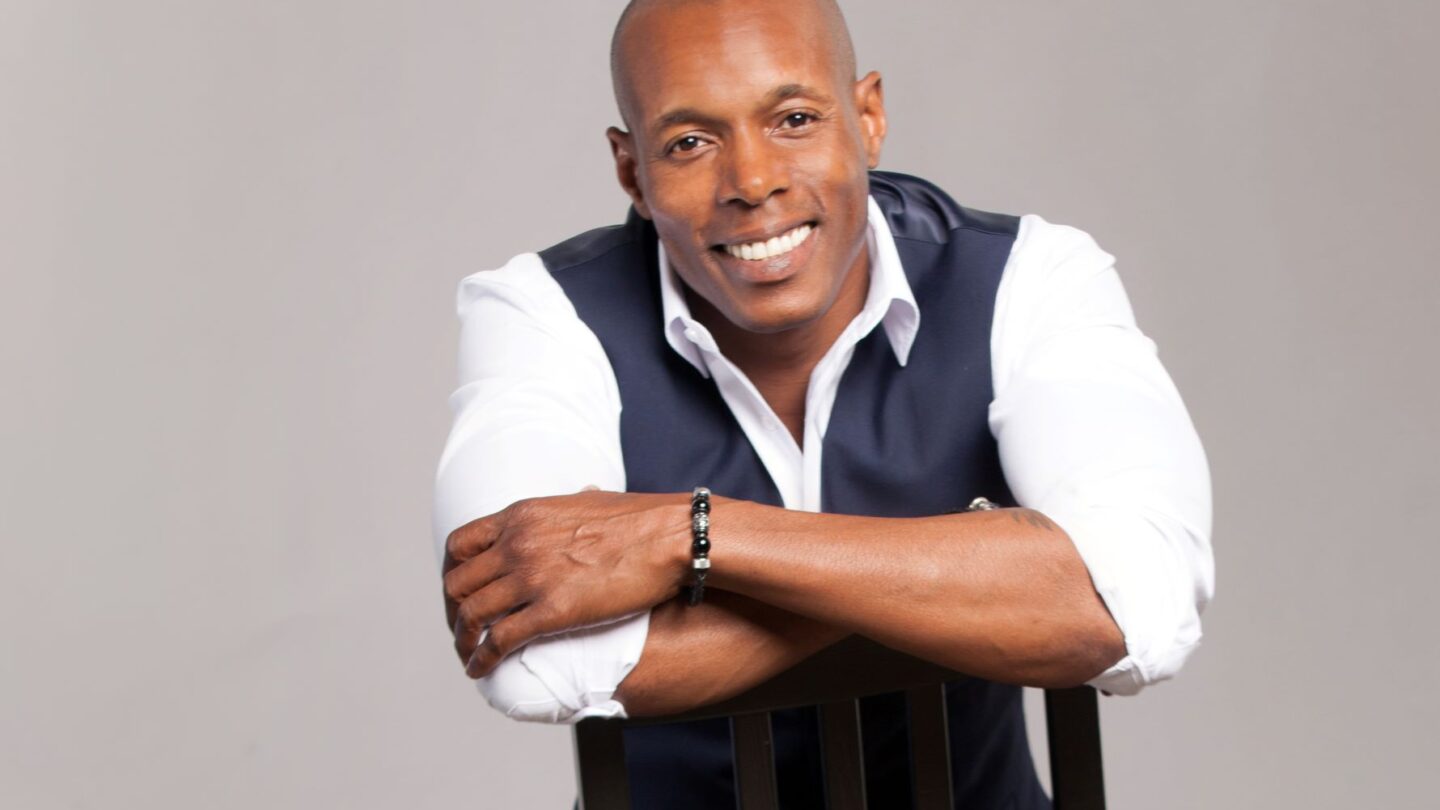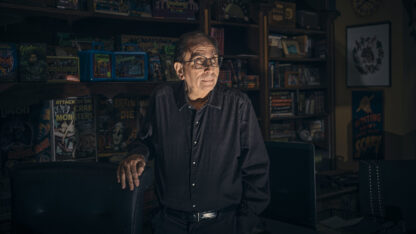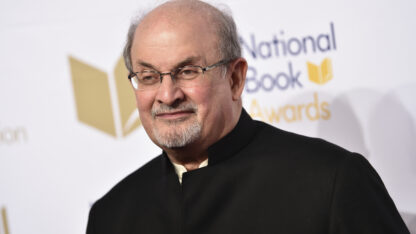New book 'I Wish My Dad' explores the unfinished business of father-son relationships

The Atlanta-based author and social entrepreneur Romal Tune didn’t grow up with his dad. When Tune reconnected with him later in life, he yearned for more, and wondered how many other men had unfinished business with their fathers. The words, “I Wish My Dad,” begged to be completed as a sentence, and eventually became a book co-authored by Tune with his son, Jordan. Romal Tune joined “City Lights” host Lois Reitzes via Zoom to share more about his book’s exploration of father-and-son relationships.
Interview highlights:
A book of testimonials and reflections:
“There are the two introductions – one from me and one from my son Jordan, and he tells his story of our relationship and what he desired, and his hopes for readers. After that, we jump right into the stories of each man. In the book, there are 17 men, and each chapter is actually titled after some of the dynamics in their relationships with their fathers where they sought deeper connection, and [they] share what love would’ve looked like. So readers are invited into the room for these conversations and interviews as these men share their stories,” said Tune.
“Chapter one is, ‘I wish my dad didn’t silence my voice.’ Even though Ernest and his dad had an absolutely amazing relationship, that dynamic of having a voice showed up. Then there’s, ‘I wish my dad allowed me to share my feelings.’ ‘I wish my dad loved my mom more.’ ‘I wish my dad didn’t abandon me.’ ‘I wish my dad took care of himself.’ And it goes on and on from there, and then after responding to those reflections, each man begins to elaborate and share the story behind their wish.”
Intimate glimpses into the hearts of sons of all different backgrounds:
“I wanted to identify men from various ages and social locations, economic backgrounds, to see if my premise was correct in that the needs for love, affection and time are pretty much universal in terms of what children, sons and daughters, even, need from their fathers. And after having these conversations, that was actually the case – that no matter where you grew up and what the economics were, there were many similarities around the desire for love and affection that looked very much the same.”
“I knew that cultural difference would show up, and how prominently the impact of cultural dynamics and their dad’s upbringing would influence how they raised their children. I was surprised at how forward the men were with talking about the challenges their dads were dealing with, and I found that interesting, because the book isn’t all Black men,” said Tune. “There’s one Puerto Rican gentleman and several white men, and the differences in their stories is that many of the African-Americans, their stories included the impact of racial difference, and at the time that their dads were growing up, and how those challenges influenced how they raised their children. But you didn’t hear that in any other stories, really, at all, because of their dynamics, and the issues around culture didn’t really exist for them.”
How repressed emotions and expectations of masculinity strain family bonds:
“‘I Wish My Dad’ shows how ideas of masculinity… are typically tied to strength, courage, working hard and working incessantly, providing for a family, holding one’s emotions and keeping them inside, as a sense of being a strong man. And what these stories convey is that these young men wanted their dads to live a more integrated life, and that as they worked and did all of these other things, that they also were able to show their humanity, and share their feelings, their fears, their hopes, their dreams; to be courageous enough and strong enough to say, ‘I love you,’ and to be affectionate enough to hug their children more.”
“It was always interesting when I started out the conversation with, ‘So what kind of man was your dad?’ And there was typically this pride I could hear come from how they described their fathers as they showed up in the world, in work and in friendships, and even in the community,” Tune recounted. “But then when I asked, ‘So what kind of father was he?’ There was often a pause, and the man they described was different. I think that what we find in these stories is the need for an integrated life, and how in many instances, children are yearning to experience the man that everyone knows outside the home, in the home.”
“I Wish My Dad” by Romal Tune is out now and available via https://iwishmydad.com/








